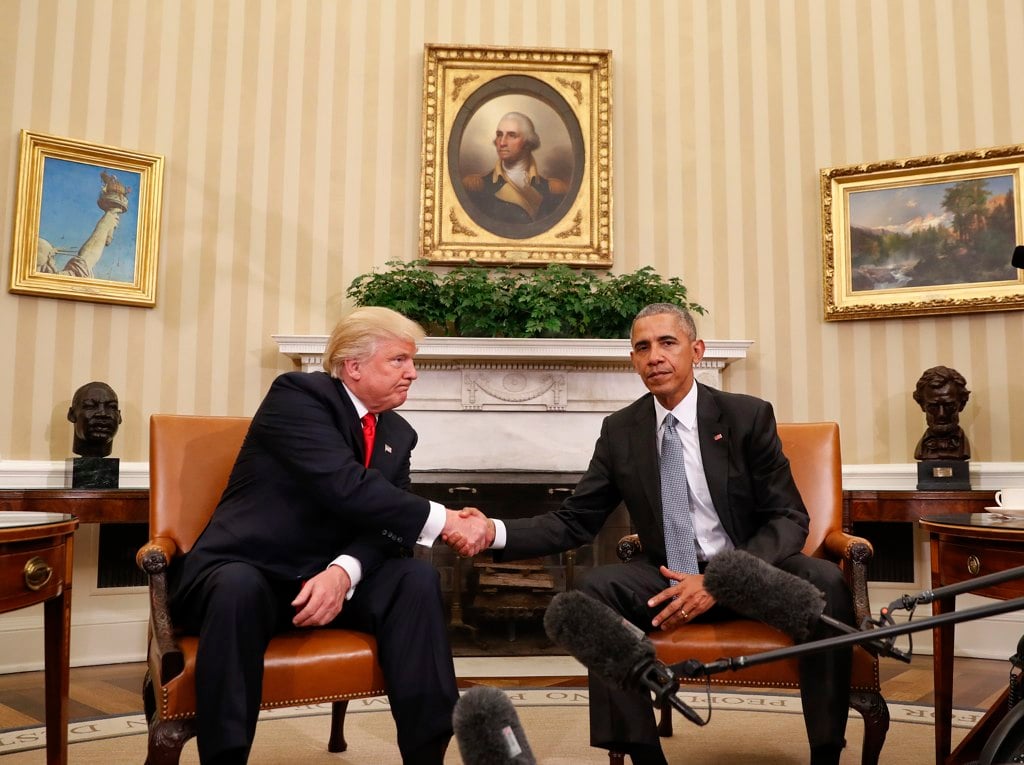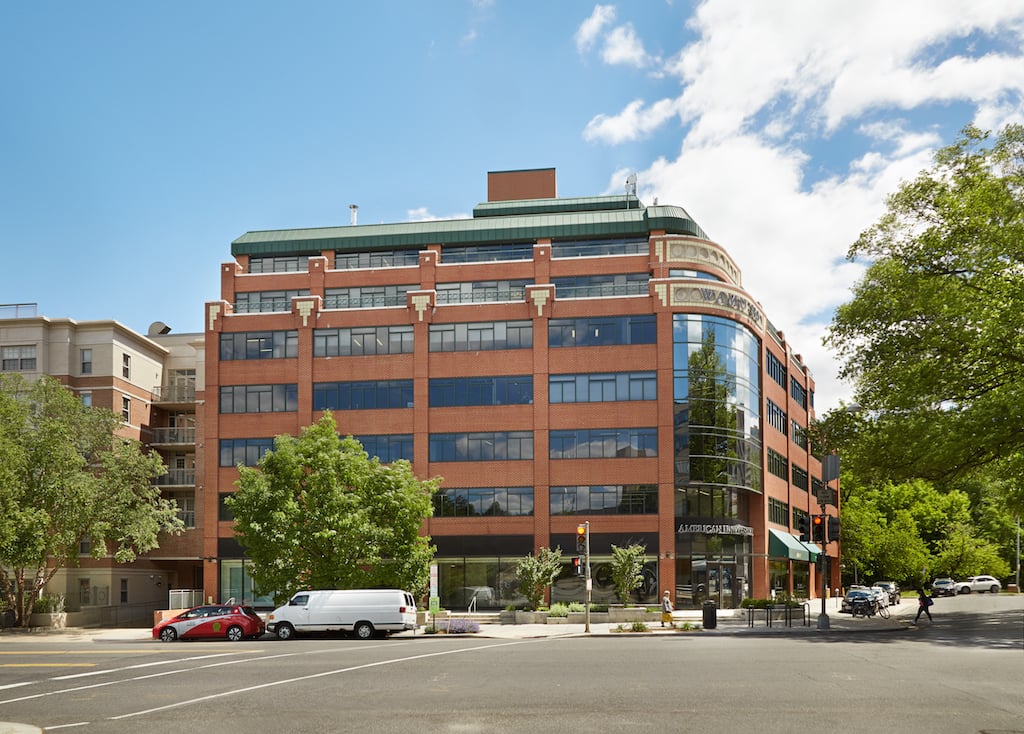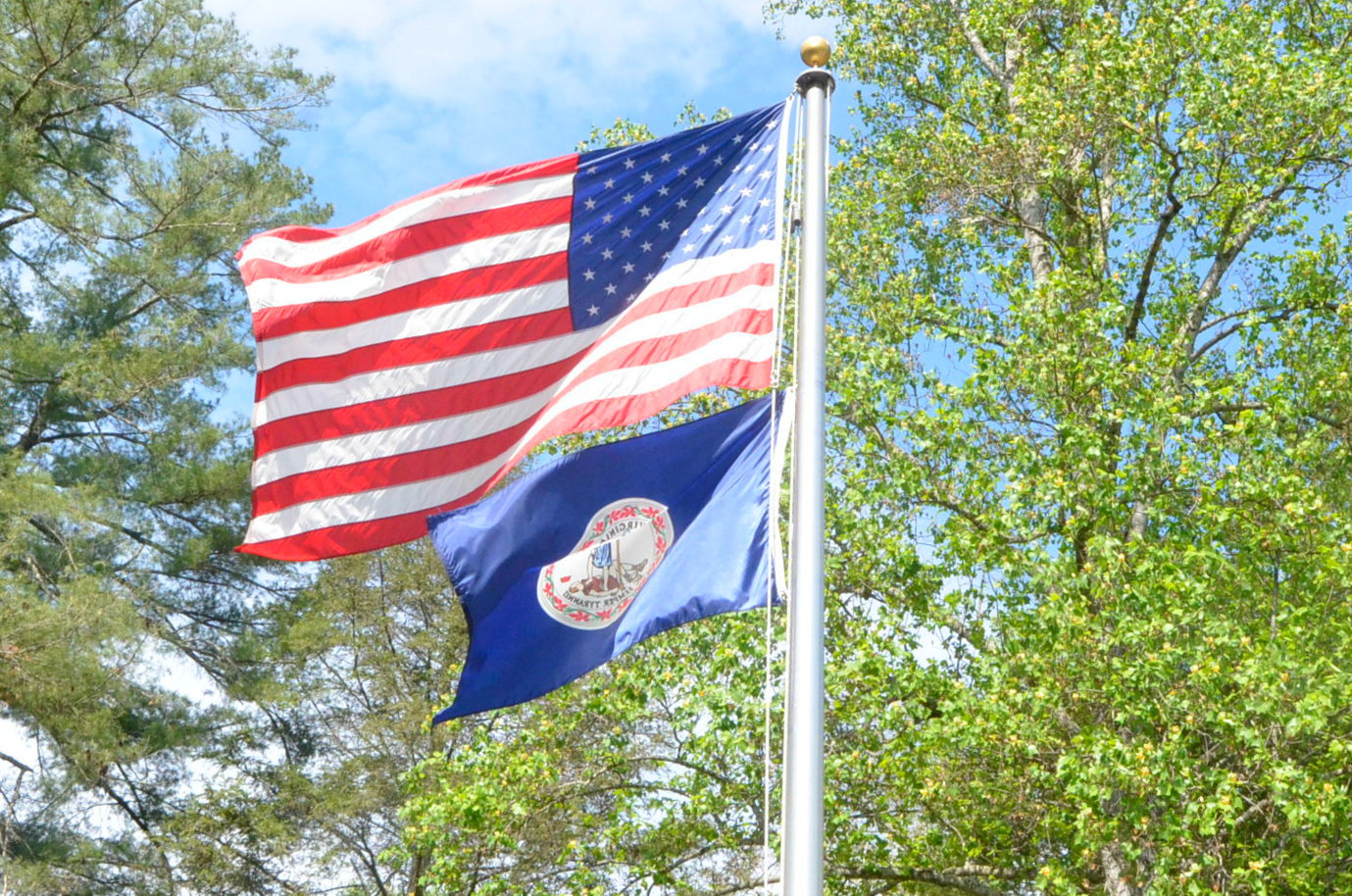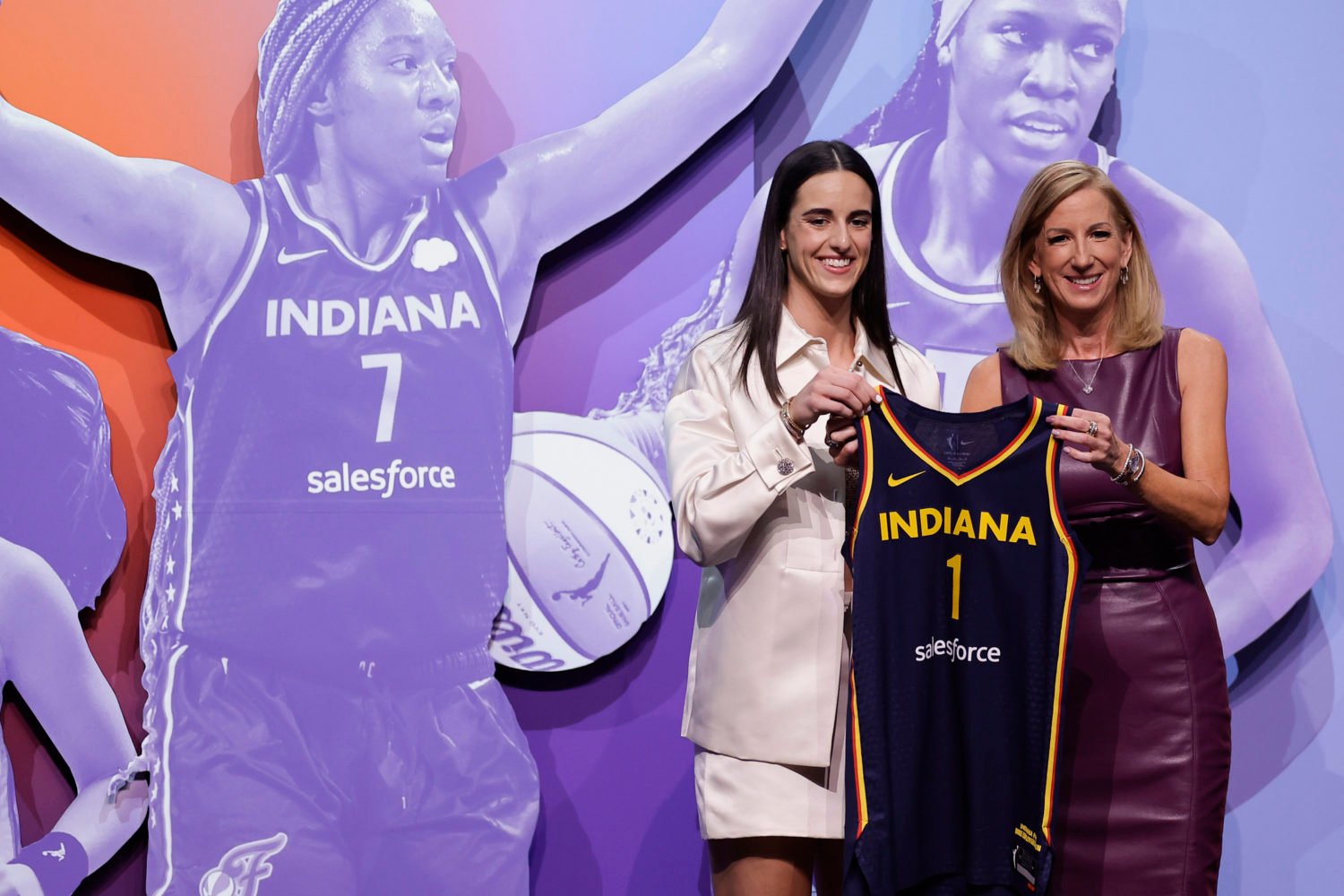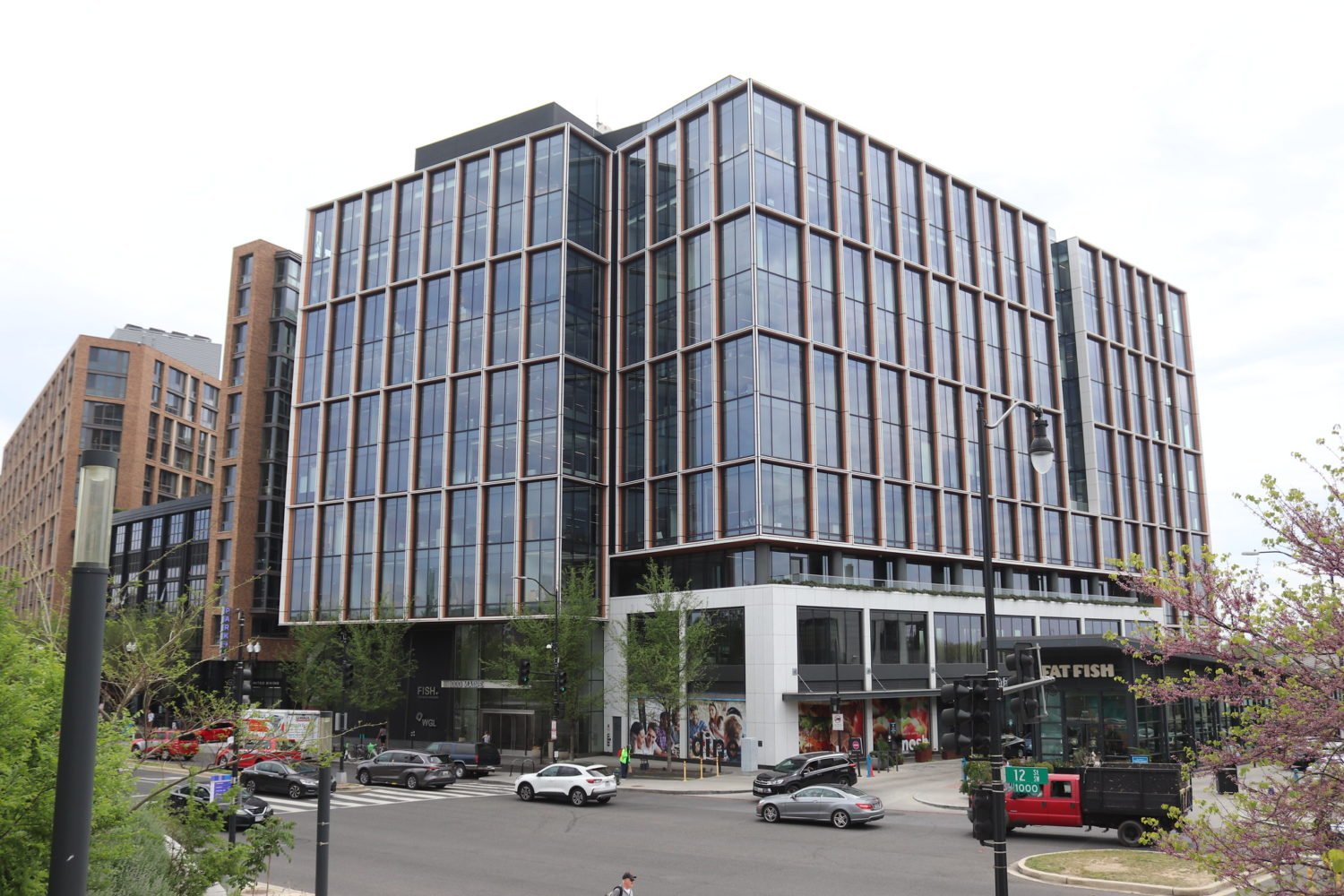Donald Trump traveled to Washington Thursday and declined to bring along a traveling press corps, “breaking a long-standing practice intended to ensure the public has a watchful eye on the nation’s leader,” as the Associated Press put it. The White House Correspondents’ Association was apoplectic: “The WHCA urges President-elect Trump to allow it to do its job, including being present for motorcade movements, meetings, and other interactions,” it said in a statement.
Actually, Trump’s move was a good start. Our next president could do journalism a great service by routinely freezing out members of the press who work in packs. That’s how you get a stationary White House press corps whose reporting depends on government largesse for access: Last year, Pew found that more than 80 percent of the DC press corp’s stories were reactions to government action rather than enterprise reporting, effectively ceding the press’s agenda to the government. Even worse, access is a drug that blocks good journalism: The most cosseted members of the DC press corps in the early 2000s completely botched reporting on the run-up to the Iraq war; today’s was blindsided by the Trump wave.
I’m not calling for less reporting on Trump, or any other president. But official access, as it exists now, is a relic of a time when an embedded press was the only way to get news from Washington back home to Klangertown. The White House under Obama was particularly adept at shouldering the press, particularly photographers, out of official events. That cheesed off a lot of lens-people and editors, but as Tom Scocca pointed out, that complaint was essentially that the White House was “keeping the independent mainline press from getting its fair share of the hottest, most viral-friendly images of the Obama presidency.”
The best reporting from the recent election came from reporters who had only grudging access to campaigns, if anything. To cite but one, David Fahrenthold of the Washington Post used little more than a notepad and a phone to show Trump’s self-styled image as a philanthropist is embarrassingly empty. In fact it’s likely Fahrenthold’s long pursuit of Trump’s foundation inspired someone to leak him the Access Hollywood tape. Good stories bring you tips, and good tips bring you stories that politicians cannot ignore. (The public, alas, apparently can. Their loss.)
Every few years some brave soul calls for disbanding the White House press corps–“The day of a typical White House correspondent consists, literally, of waiting to be told things,” Ana Marie Cox wrote in 2009. The corps has much better everyday access to administration officials than many reporters, and yet, David Weigel asked in 2013, “why isn’t the daily coverage coming out of the White House more interesting?” (While we’re at it, can we make attending the White House Correspondents’ Association’s hideously embarrassing annual dinner grounds for dismissal?)
I don’t think we need to go as far as moving all press out of the White House–wire services and TV do a fine job; other outlets should use the gig exclusively as a parking lot for valued employees who can’t think of their own story ideas. The rest of the DC press should work in the cold, fueled by their anger at missing coverage of motorcades. That will enable them to aim at the innumerable juicy targets a Trump administration will surely provide, from whatever merry band of disgraced goofballs he installs in his cabinet to the weirdness with which he’ll implement his ill-defined agenda.
We know what happened during Obama’s meeting with Trump today, of course: Journalists staked out the confab and reported on it anyway. If they use that kind of enterprise as a starting point for their daily work over the next four years, we’ll enter a golden age of White House reporting.

